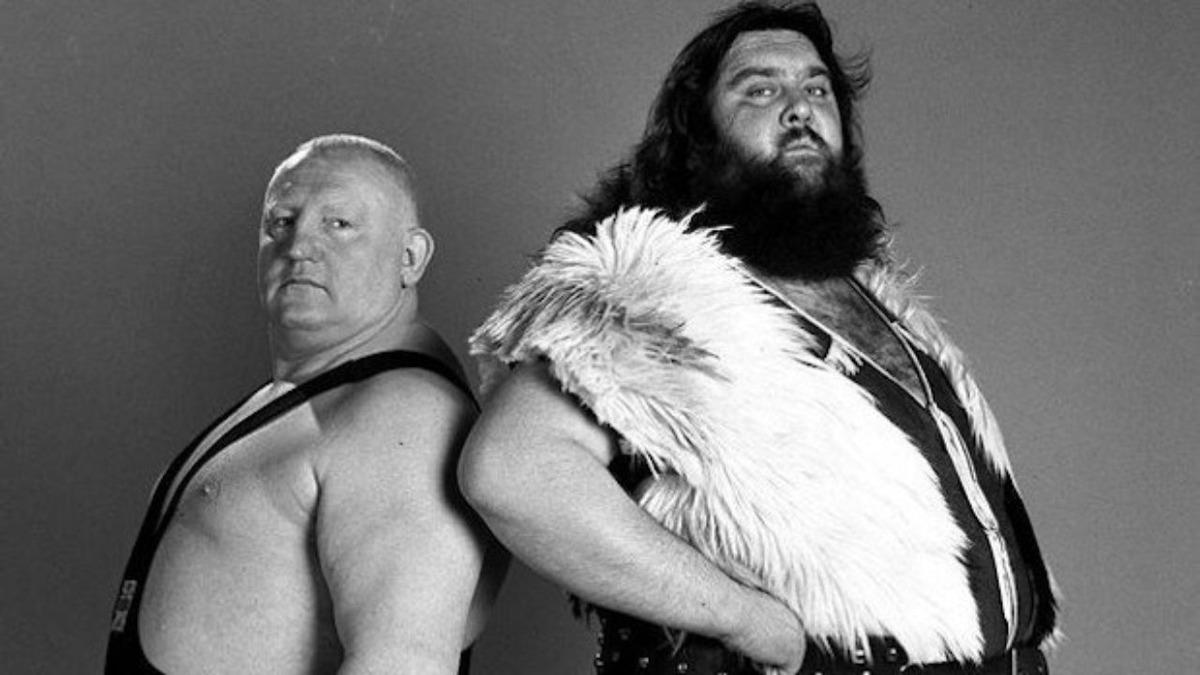Will it ever end? In November we were celebrating the announcements of several effective vaccines. Now hospitals are overwhelmed and the global death toll is climbing twice as fast as the worst days of the first wave.
At times like this, I reach for my calculator.
1/
At times like this, I reach for my calculator.
1/
There are two reasons why these vaccines, some highly effective, have not yet done anything obvious to save lives or protect hospitals.
The first is evident: not enough people have been vaccinated so far.
2/
The first is evident: not enough people have been vaccinated so far.
2/
The second reason is that the vaccine takes time to work. In the UK, Margaret Keenan received a first dose of vaccine bright and early on December 8, but it needs a couple of weeks to provide much protection. She and her fellow first-day vaccinees were safer by Christmas.
3/
3/
But infections take time to develop into symptoms, symptoms take time to become serious enough to call for hospitalisation, and fatal cases take yet more time to develop. It takes weeks for vaccinations to make any impact on death statistics.
4/
4/
Now for the good news. A small number of well-targeted vaccinations can have a huge effect.
The @COVID19actuary team reckon that 36% of all Covid-19 deaths in the UK's first wave (to late November) were among care home residents.
5/
The @COVID19actuary team reckon that 36% of all Covid-19 deaths in the UK's first wave (to late November) were among care home residents.
5/
Another 30% of deaths were among people aged 80 or more.
Collectively these groups are much less than 10% of the UK population. We have already delivered more than enough first doses to reach them all (although the exact targeting is unclear).
6/
Collectively these groups are much less than 10% of the UK population. We have already delivered more than enough first doses to reach them all (although the exact targeting is unclear).
6/
It will take time for this to have an impact - but things may then start to move quite fast. The @COVID19actuary team project deaths reduced by two thirds by the end of February, relative to a no-vaccine scenario.
7/
7/
For hospitalisations and ICU admission, it's a slower story because that is a younger population. But the same basic pattern applies: nothing seems to happen, then things happen quite quickly.
8/
8/
So what could go wrong?
First, we might have missed large numbers of vulnerable people.
Second, the first dose might be much less effective than the provisional data suggest, at least among the elderly.
Third, the vaccination programme could stutter...
9/
First, we might have missed large numbers of vulnerable people.
Second, the first dose might be much less effective than the provisional data suggest, at least among the elderly.
Third, the vaccination programme could stutter...
9/
...although even if it does, I think the UK, which is in an enviable position, has done a lot to protect large numbers of vulnerable people.
10/
10/
What does this mean for 'lockdowns'?
I've always felt conflicted about them, but in the short term I think the case for voluntary and even compulsory distancing becomes a lot stronger. Instead of 'flattening the curve' you are permanently saving people from Covid-19.
11/
I've always felt conflicted about them, but in the short term I think the case for voluntary and even compulsory distancing becomes a lot stronger. Instead of 'flattening the curve' you are permanently saving people from Covid-19.
11/
There is also the hope - as yet unproven - that vaccines might help prevent transmission. If so, the lockdowns will be more effective. 'Zero covid', something no major western country has managed to approach so far, starts to become feasible.
12/
12/
It's like the vaccine and the lockdowns are both capable of fighting the virus - so why tag team? Why not send them both in at once to give it a really good kicking, fast?
(I realise this is a metaphor, not a data-driven epidemiological model. But still.)
13/
(I realise this is a metaphor, not a data-driven epidemiological model. But still.)
13/
Anyway. I'm not an epidemiologist. Just a geek with a calculator and a newspaper column, very glad nobody has put me in charge of anything.
But at long last, I feel some hope.
14/
But at long last, I feel some hope.
14/
PS Not actually related, but if you have any friends in the US or Canada, do please tell them that my wonderful book is finally on sale over there... https://timharford.com/books/datadetective/

 Read on Twitter
Read on Twitter



